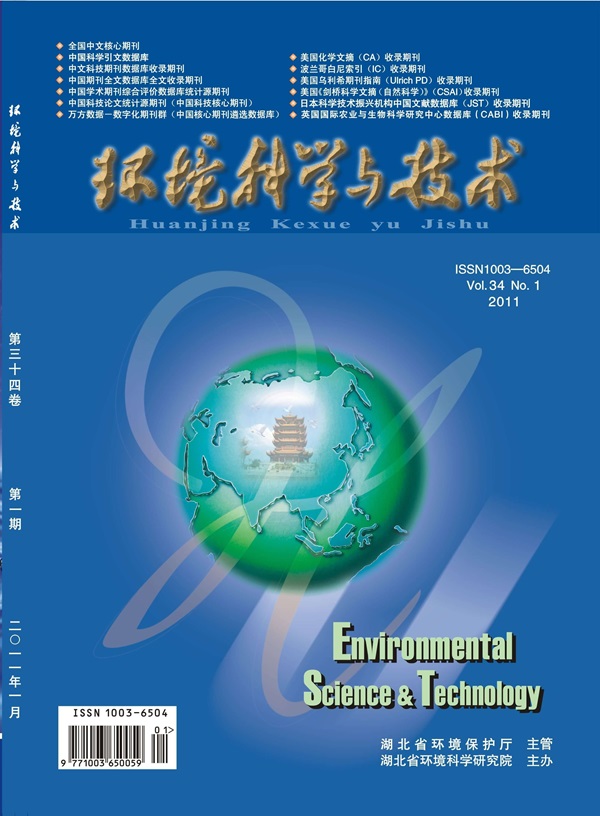Real-World Usage, Emissions, and Costs of Hydrogen Fuel Cell Electric Truck Fleets.
IF 11.3
1区 环境科学与生态学
Q1 ENGINEERING, ENVIRONMENTAL
引用次数: 0
Abstract
Hydrogen fuel cell electric trucks (FCETs) have been seen as an important decarbonization pathway for heavy-duty trucks, but their real-world operational performance and costs remain uncertain, posing challenges to the widespread adoption. This study presents the largest analysis to date of real-world operational data from 106 heavy-duty FCETs across six application scenarios in China. We examine usage patterns, energy consumption, life-cycle greenhouse gas (GHG) emissions, and total cost of ownership (TCO). FCETs are deployed across diverse application scenarios, with most operating on short- to medium-distance routes (average daily mileage <300 km), and some utilizing both hydrogen refueling and grid charging. In Beijing, where hydrogen is primarily sourced from industrial byproducts, FCETs generally exhibit lower life-cycle GHG emissions than diesel and battery-electric trucks, except in low-utilization scenarios. Currently, the unsubsidized TCO of FCETs is 42-152% higher than that of diesel trucks (DTs). However, with purchase, operational, and hydrogen subsidies, the TCO can be 13-36% lower than that of DTs. While FCETs offer strong carbon reduction potential, achieving TCO parity requires alignment with appropriate application scenarios and adequate refueling infrastructure, particularly for long-haul operations by 2030.氢燃料电池电动卡车车队的实际使用、排放和成本。
氢燃料电池电动卡车(FCETs)已被视为重型卡车的重要脱碳途径,但其实际运行性能和成本仍不确定,这给其广泛采用带来了挑战。本研究对中国6种应用场景下106台重型FCETs的实际运行数据进行了迄今为止规模最大的分析。我们研究了使用模式、能源消耗、生命周期温室气体(GHG)排放和总拥有成本(TCO)。FCETs被部署在不同的应用场景中,大多数运行在中短途路线(平均日行驶里程<300公里),有些同时使用氢燃料和电网充电。在北京,氢气主要来自工业副产品,除了在低利用率的情况下,FCETs的生命周期温室气体排放量通常低于柴油和电池电动卡车。目前,FCETs的无补贴TCO比柴油卡车(DTs)高出42-152%。然而,在购买、运营和氢补贴的情况下,TCO可以比dt低13-36%。虽然FCETs具有强大的碳减排潜力,但实现TCO平价需要与适当的应用场景和充足的加油基础设施保持一致,特别是到2030年的长途运营。
本文章由计算机程序翻译,如有差异,请以英文原文为准。
求助全文
约1分钟内获得全文
求助全文
来源期刊

环境科学与技术
环境科学-工程:环境
CiteScore
17.50
自引率
9.60%
发文量
12359
审稿时长
2.8 months
期刊介绍:
Environmental Science & Technology (ES&T) is a co-sponsored academic and technical magazine by the Hubei Provincial Environmental Protection Bureau and the Hubei Provincial Academy of Environmental Sciences.
Environmental Science & Technology (ES&T) holds the status of Chinese core journals, scientific papers source journals of China, Chinese Science Citation Database source journals, and Chinese Academic Journal Comprehensive Evaluation Database source journals. This publication focuses on the academic field of environmental protection, featuring articles related to environmental protection and technical advancements.
 求助内容:
求助内容: 应助结果提醒方式:
应助结果提醒方式:


